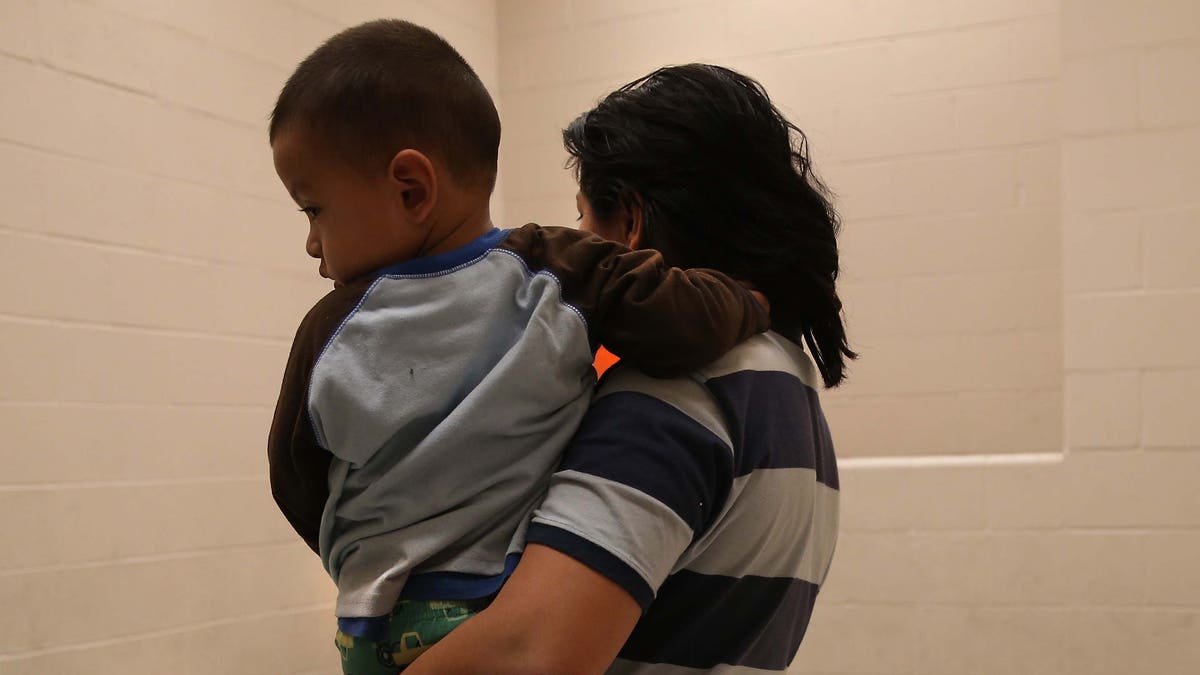
(Photo by John Moore/Getty Images) (2013 Getty Images)
A new report states that research found that Mexican-American children lag behind their non-Latino white counterparts linguistically and cognitively by the age of 2.
The research, which was conducted by the University of California at Berkeley, found that the Mexican-American children were on par with white children at nine months of age, but by the time they’re toddlers they are behind them, according to the Washington Post.
The lead writer of the study, Bruce Fuller, who is an education and public policy professor at the university, said that efforts to address the gap need to begin before preschool, the Post said.
Those efforts should include guiding parents on how to develop their children’s skills, Fuller added.
“Extending quality pre-K is one piece of the puzzle. But our new findings reveal how gaps in early language and preliteracy skills open up in toddlerhood, long before children enter preschool,” the Post quoted Fuller as saying.
The study looked at a nationally representative sample of 4,550 white and Mexican-American children.
Researchers observed the children in their home when they were nine months old, analyzing how they dealt with things such as rattles, and observing their verbal skills and comprehension. The researchers went back to observe the children when they were between 2 and 3 years old, evaluating their memory, verbal skills and problem-solving ability.
The language used for the study was chosen by the parents.
The study found that the vast majority of the Mexican-American children had developed slower than the other children in the research. About 80 percent of the Mexican-American children were some four months behind their peers linguistically and cognitively, the Post said.
The researchers found differences in linguistic and cognitive development among the Mexican-American children themselves.
They found that the children whose mothers were immigrants lagged behind those whose mothers were born in the United States. A theory is that the immigrant mothers had less education, read less to their children and used simpler language that the U.S.-born ones.
“It appears that acculturation exposes mothers to more inventive and stimulating educational practices in the home,” Fuller wrote in an e-mail to the Post.
Interestingly, the researchers found that the Mexican-American children of mothers who stayed home lagged cognitively behind those whose mothers worked outside the home.
The Post said that studies of other groups, such as African-American children, also have showed gaps, indicating that they’re present even before they begin pre-school.
Like us on Facebook








































